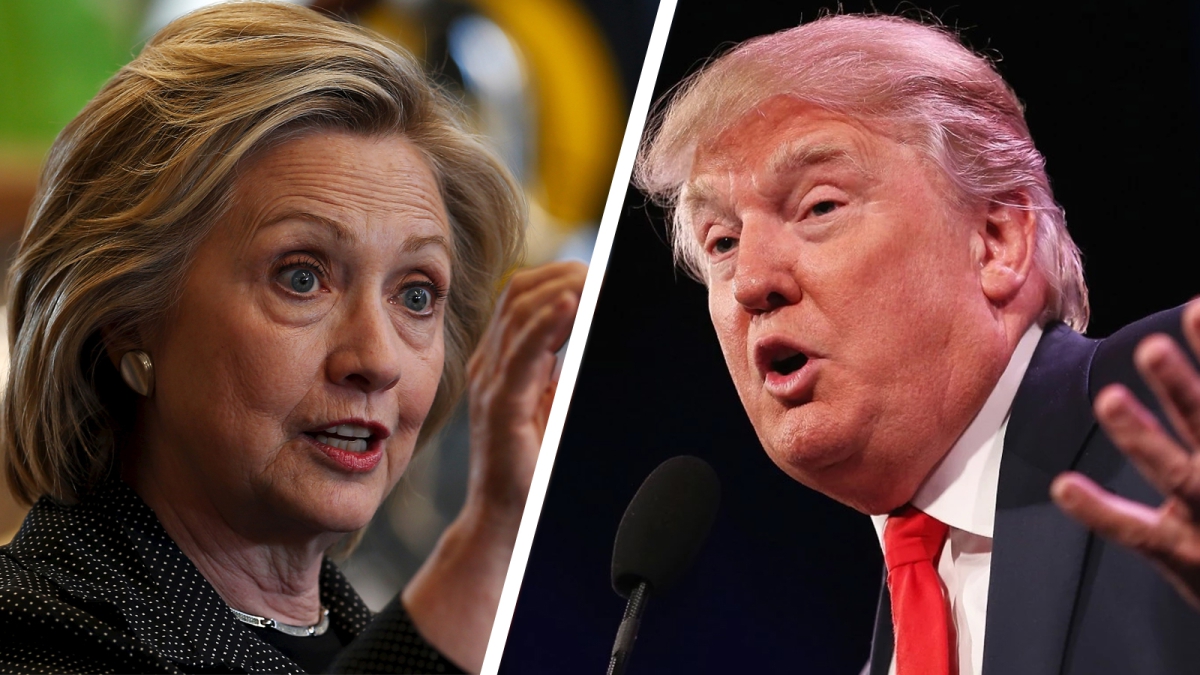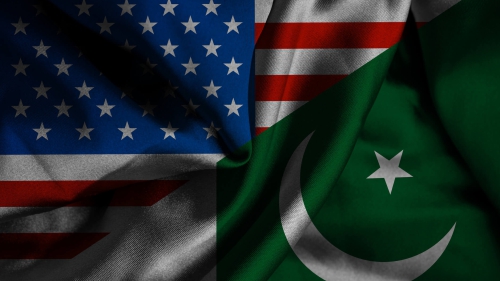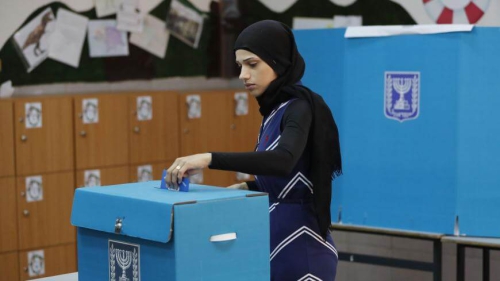Reaching Beyond the Candidates

What would it take to cause Hillary Clinton to distance herself from the newly launched bombing campaign in Libya? Or call for a congressional debate on it? Or suggest the obvious: that the war on terror isn’t working?
Of course it won’t happen. But the fact that it sounds so absurd — almost as fanciful as the notion of movie characters stepping off the screen into real life — indicates how illusory, how unglued from reality, American democracy is at the presidential level. It’s a spectator sport — mud wrestling, say — doled out to us as entertainment by the media in sound bites and poll numbers.
Public input couldn’t be less relevant to what we actually do as a nation, and as an empire.
And mostly what we do is wage war. Now more than ever. Since 9/11, war has become, in essence, self-authorizing, thanks to the Authorization for Use of Military Force, which gives the Executive Branch free rein to fight the war on terror without congressional approval. Thus, according to the New York Times: “By linking the Libya action to the authorization for force, the administration will not have to officially notify Congress. That means that the campaign in Libya can continue indefinitely, or until the administration concludes that the airstrikes have accomplished their objective.”
Or as Trevor Timm, writing for The Guardian, put it: “It’s yet another episode of the War on Terror Circle of Life, where the U.S. bombs a country and then funnels weapons into the region, which leads to chaos and the opportunity for terrorist organizations, which then leads more US bombing.”
We’re spawning terror. We’re starving our social programs. We’re slowly killing ourselves. And we’re wrecking the planet.
Why is it again that this isn’t worth talking about in a presidential election?
The thing is, people get it. One way or another, they realize they aren’t being represented by most of the people they vote for. They realize, in enormous numbers, that the time has come to rescue this country from a status quo that thinks it owns us. That’s the subtext of Election 2016, whatever winds up happening in November. Public anger has transcended the mass media’s excruciating efforts to contain and minimize the national debate about the country’s direction.
Two weeks ago, at the end of the Republican National Convention, Matt Taibbi wrote in Rolling Stone: “Thirteen million and three hundred thousand Republican voters had defied the will of their party and soundly rejected hundred-million-dollar insider favorites like Jeb Bush to re-seize control of their own political destiny. That they made perhaps the most ridiculous choice in the history of democracy was really a secondary issue.
“It was a tremendous accomplishment that real-life conservative voters did what progressives could not quite do in the Democratic primaries. Republican voters penetrated the many layers of money and political connections and corporate media policing that, like the labyrinth of barricades around the Q (Quicken Loans Arena), are designed to keep the riffraff from getting their mitts on the political process.”
Before Donald Trump is a right-wing billionaire crazy, he’s a de facto revolutionary. It’s not what he stands for that is his appeal but what he doesn’t stand for: political correctness. He’s politically incorrect in ever-shocking, ever-more-random manifestations, giving his angry, white, repressed-for-decades supporters the illusion that a vote for him is the equivalent of storming the police barricades and “re-seizing control of their political destiny.”
In reality, that’s probably not the case. Electing Trump is no doubt a good way to get more deeply lost than ever.
But for the Democratic establishment, he’s better than ISIS.
The military-industrial status quo, in the post-Vietnam era, can no longer sustain itself purely on bloody dominion over the enemy of the moment. The raw hell of the Vietnam War — the last war in which we did body counts — virtually destroyed public belief in state-sponsored murder. Big problem. War is the foundation of the status quo, economically, politically and, in all likelihood, spiritually. So after Vietnam, American wars had to be presented as sanitary and “surgical” and, of course, absolutely necessary: the West’s last stand against evil. The best way to do this was just not to talk about them very much, and certainly not in gruesome detail. Only our enemies, the terrorists, get detailed coverage of their atrocities.
The paradox faced this year by reluctant Hillary supporters is that, in voting for her out of intense (and understandable) aversion to Trump, they’re giving, once again, a free pass to the military-industrial status quo. Voting idealistically — for the Green Party’s Jill Stein, say — is seen overwhelmingly as a mistake: the equivalent of a vote for Trump.
Yeah, OK, I get it, but I don’t believe it. It feels like being locked in a jail cell. To concede that voting is sheerly a cynical, hold-your-nose activity, divorced from real values — to concede that the best choice we ever get is the lesser evil — is the slow death knell of democracy.
As I see it, the only solution is to reach beyond the candidates. Vote for whomever, but realize that the job of building the future — a future founded on compassion, not violence and domination — is everyone’s job. If the right leader hasn’t yet stood up, or has been knocked down, stand up yourself.
If nothing else, demand that the Clinton campaign, and your local reps, address the concept of endless war and the grotesque, trillion-dollar military budget. A movement is building; a force is rising. Look for it. Join it.
*****
Robert Koehler is an award-winning, Chicago-based journalist and nationally syndicated writer. Contact him at [email protected] or visit his website at commonwonders.com.
© 2016 TRIBUNE CONTENT AGENCY, INC.

















